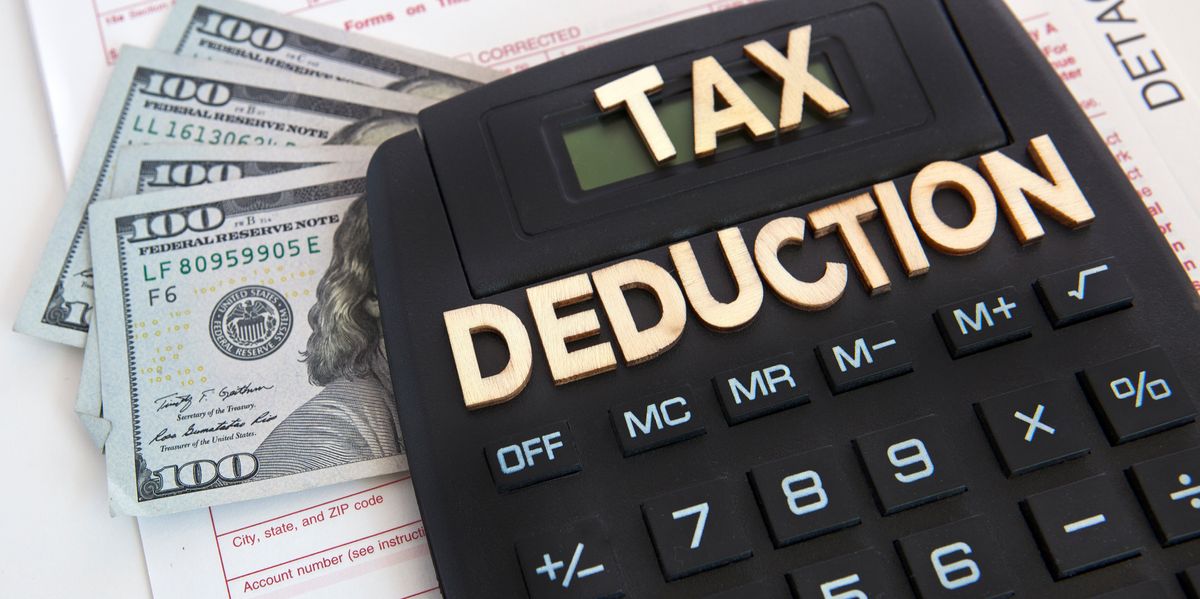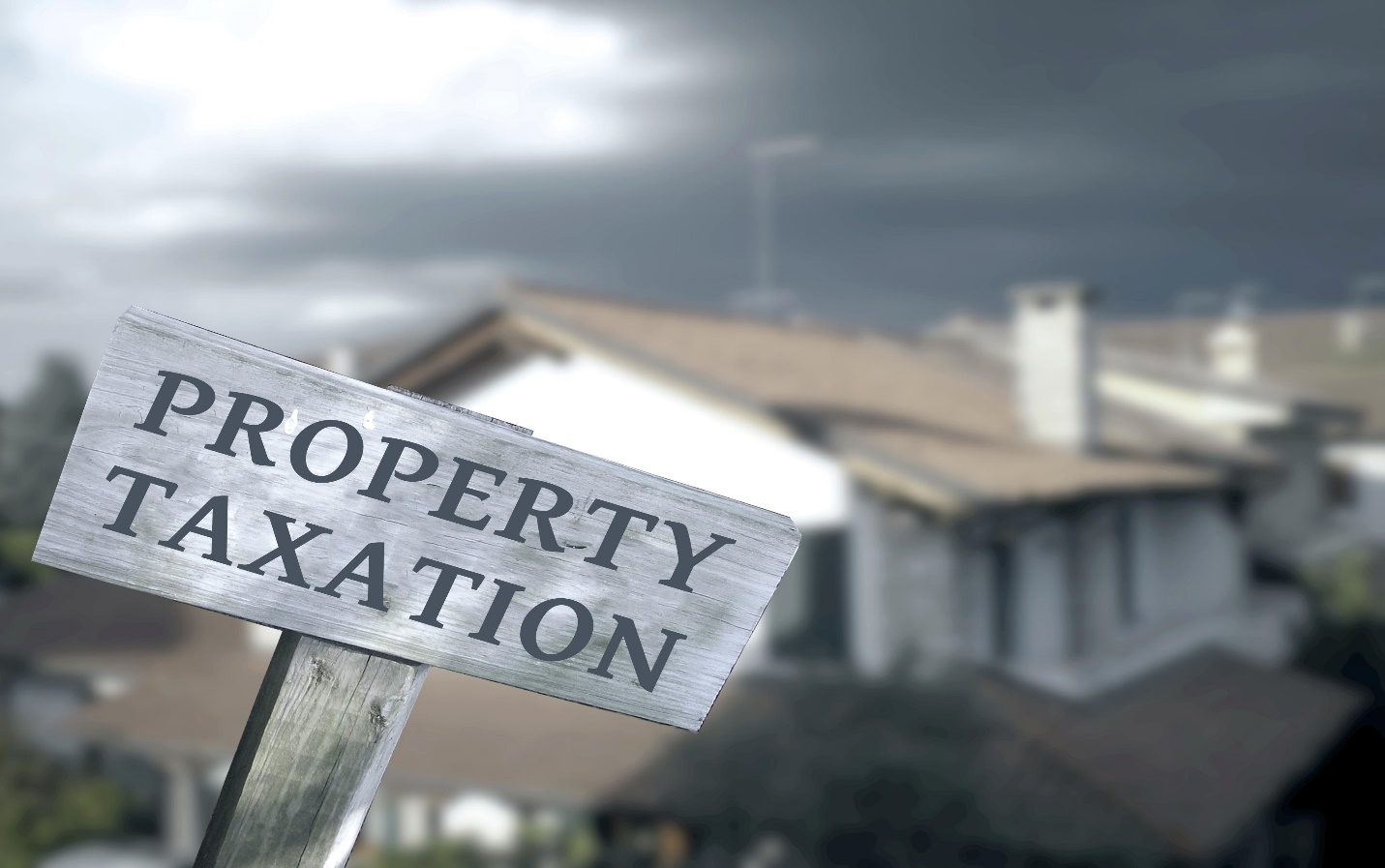
As with any property, the duties and obligations may be numerous and diverse, but so are the tax advantages. Below are some wordings that you, as a homeowner, can take advantage of when declaring your taxable income: It is crucial to familiarize yourself with as many tax deductions as possible to ensure you get the best deal and can afford a home. Below are details of the primary deductions every homeowner should have in mind.
1. Mortgage Interest Deduction
The elimination of the deduction on home mortgage interest constitutes one of the most severe tax burdens for homeowners. If you own a home and have taken a mortgage, this is allowed as a deduction for interest paid on the loan. This deduction is for the first $1,000,000 of the loan balance and primary and secondary residences, but not for rentals. It is essential to note the mortgage interest you pay yearly since your lender will furnish you with a statement for tax purposes.
2. Property Tax Deduction

They are also allowed to claim the property taxes paid based on the value of their homes. This one lets you reduce your gross income by the amount you paid in property taxes although you can only offset up to this amount. When calculating this deduction, it is advisable to retain receipts for property tax that has been paid.
3. Home Office Deduction
You can claim the home office deduction if some area of your house is used exclusively for business purposes. This deduction enables you to deduct part of the expenses used in business, such as part of the mortgage, utility bills, and repair costs, among others. The home office must be used daily and solely for business to avail of this deduction.
4. Energy-Efficient Home Improvements

Sometimes, improving your home’s energy efficiency can mean reaping benefits through tax credits. People who install solar panels, energy-efficient windows, or insulators in their homes can benefit from credits that lower their taxable income. Thus, these improvements are not only cost-effective in terms of reducing electricity bills but also save taxes in the long run. Do verify the current IRS guidelines for which kinds of updates are allowed.
5. Private Mortgage Insurance (PMI) Deduction
If the down payment is less than 20% and you must pay private Mortgage insurance (PMI), then PMI payments can be deducted. This deduction can be a good way of recovering the extra amount going towards PMI. However, it is stipulated by income conditions, so it is recommended to consult with a tax advisor to ensure you are within the limits.
6. Deductions for Points Paid
If you arrange for a mortgage, you might have to pay points to reduce the interest level. Many of these points can be claimed against the tax in the year the payment is made, thus reducing the tax rate. Interest points additionally paid on a refinanced mortgage could also be capitalized, providing steady financial savings.
7. Capital Gains Exclusion
Another purpose is that it might help plan to sell the house; a part of the profit you have earned on sale can be excluded from gross income. If you meet both the ownership and use tests, the Internal Revenue Service lets residents exclude a pre-specified profit earned from selling a personal home. It can also lead to a drastic reduction in the taxes paid by homeowners who sell their homes at a profit.
Conclusion
There are many tax advantages to owning a home that can be used to minimize your tax consequences. Whether it is the benefit of deducting mortgage interest and property taxes or the credit offered for making energy-efficient home improvements, it is essential to understand these tax incentives can mean a difference of hundreds. Document all expenses incurred and seek advice from a qualified accountant to optimize your use of all these deductions. They put forward an information maximization perspective to ensure homeowners are informed of the maximum financial benefits of owning a home.





